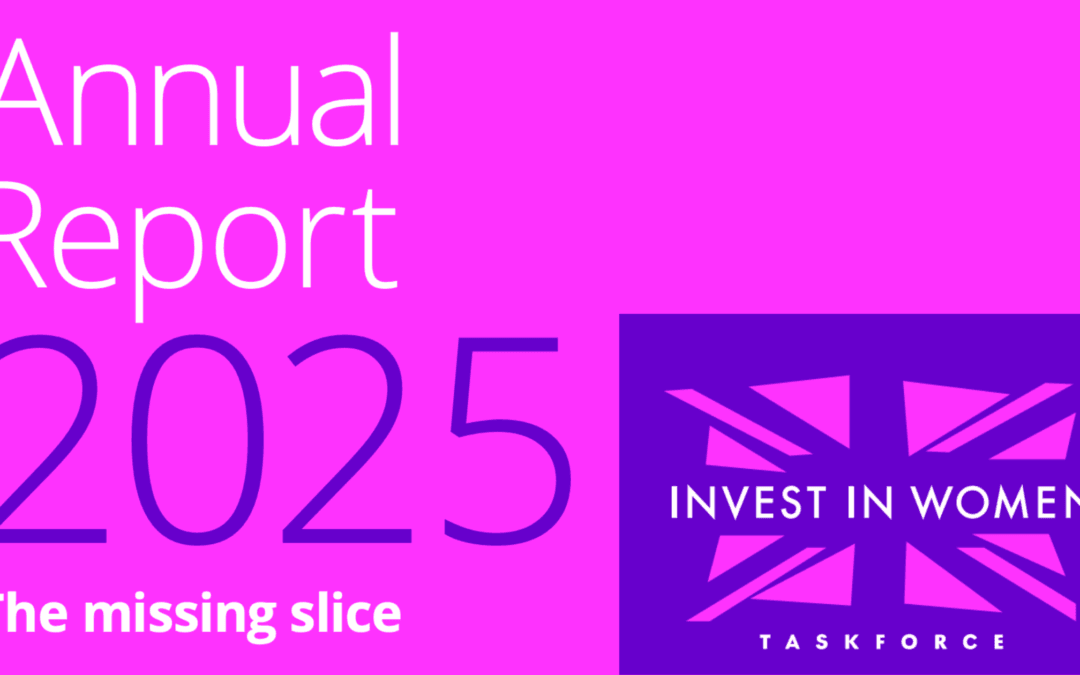In a recent press release, the Government announced a crackdown on illegal working and ‘gig economy’ workers – here’s how it could effect beauty
The recent crackdown aims to reduce the number of people who may be forced to work illegally something that sadly, beauty has become associated with. In particular, nail and massage salons have been flagged as businesses that may contain at-risk workers.
Plans set out in the announcement mean that companies that use short-term, freelance, or casual workers, must carry out better checks on their employees’ right to work.
These workers make up the ‘gig economy,’ and, whilst this type of work is legal, it is not as regulated as traditional work. This means that some employers may take advantage of ‘gig’ workers, and force them to work.
As part of a review conducted alongside BABTAC, the British Beauty Council flagged the following as signs that a person might be enduring forced labour in a beauty salon:
- Being unable to speak English, and as a result becoming overly reliant upon a manager or other higher-up and not being able to ask for help.
- Working in a business with significant gender imbalances. For example, all practitioners being female, with one male manager.
- Working excessively long shifts, or working without adequate breaks.
In October of last year the Council also facilitated talks between the Home Office and nail sector to address these issues.
Under the new plan, businesses could face fines of up to £60,000 per worker, business closures, director disqualifications, and prison sentences of up to 5 years.
The British Beauty Council is aware that when employees do not have access to regulated work environments, both practitioners and clients could face harm. For example, in beauty salons proper hygiene may not be maintained, leading to infection or other illness.
Illegal workers may not be aware that their employer is taking advantage of them. That is why it is important that businesses are held accountable for ensuring that they do not perpetuate harmful practices.
When the Government introduced the Modern Slavery Act in 2015, it became mandatory for certain businesses to develop a yearly modern slavery statement. The statement requires these businesses to detail the steps they are taking to ensure that modern slavery is not occurring in either their business or supply chains.
To read the Government’s guidance on developing a modern slavery statement, and to understand whether your business is required to make a statement, visit this guidance.
Finally, you can click here to read the Government’s press release on illegal working and the gig economy under the Plan for Change.




